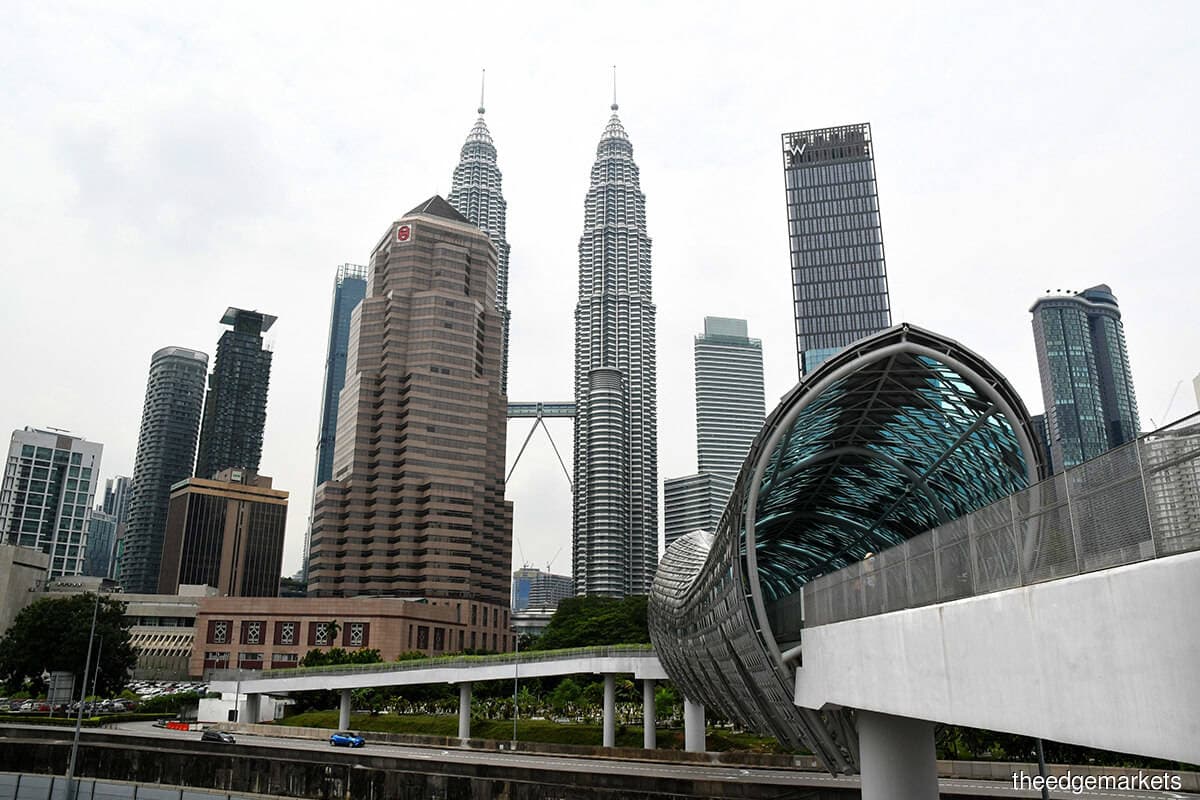
KUALA LUMPUR (Oct 5): HSBC Global Research expects Malaysia to record a smaller fiscal deficit of 4.9% of gross domestic product (GDP) next year, after running three consecutive years of large fiscal deficits.
It is predicting that the country is likely to maintain its deficit at 6% of GDP this year, thanks to higher-than-expected growth and national oil major Petroliam Nasional Bhd’s doubling of dividends.
“Still, this (4.9%) would still be higher than its 2015-2019 average of 3.3%, and a long way from achieving the government’s goal of a fiscal deficit of 3.5% of GDP in 2025,” HSBC Global Research said in a report issued on Wednesday (Oct 5).
The research firm is expecting some form of fiscal consolidation in the upcoming Budget 2023, which will be tabled by Finance Minister Tengku Datuk Seri Zafrul Abdul Aziz on Friday (Oct 7). Malaysia provided the largest subsidies on record, amounting to RM77.3 billion so far this year, which came in the form of fuel subsidies, cash assistance and food relief.
“That being said, Budget 2023 may prove to be a complicated task between road mapping fiscal consolidation plans and a possible election budget,” it added.
On the revenue side, HSBC Global Research is watching out for any possible tax changes, considering that Malaysia’s tax revenue has been declining over the years.
However, given the timing, major tax changes such as the re-imposition of the Goods and Services Tax are unlikely, it said.
"On the expenditure side, the focus will be on subsidies. The finance minister has repeatedly stressed that the current subsidy scheme is not sustainable, given its sheer size. In addition, he also reportedly mentioned that the subsidies have not benefited the B40 (lower-income group) the most, raising questions over its effectiveness.
“That being said, given high inflation and a possible election budget, it remains uncertain whether there will be a shift to more targeted subsidies, and if so, how this is implemented to ensure the most vulnerable benefit,” said HSBC Global Research.
The research firm also sees political uncertainty complicating the government’s medium-term fiscal consolidation plans, which it said are essential for rebuilding fiscal health.
“As the budget approaches, the focus will be on whether parliament will be dissolved before the budget passes, which typically takes one to 1 1/2 months for it to go through all three readings. If this is the case, as it was in 1999, the budget will have to be re-tabled by the new government, which could be months after the election has passed,” it noted.